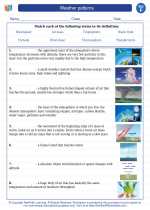Weather patterns -> electrical engineering
Overview of Electrical Engineering
Electrical engineering is a branch of engineering that deals with the study and application of electricity, electronics, and electromagnetism. It involves the design, development, and maintenance of electrical systems, equipment, and devices. Electrical engineers work on a wide range of projects, including power generation and distribution, telecommunications, control systems, and electronics.
Key Concepts in Electrical Engineering
- Circuit Analysis: Understanding the behavior of electrical circuits, including voltage, current, resistance, and power.
- Electronics: Study of electronic components, such as diodes, transistors, and integrated circuits, and their applications in various devices.
- Electric Power Systems: Design and operation of power generation, transmission, and distribution systems.
- Control Systems: Application of control theory to design systems that regulate the behavior of dynamic systems.
- Signal Processing: Analysis and manipulation of signals, such as audio, video, and data signals, using electrical engineering principles.
Study Guide for Electrical Engineering
If you are studying electrical engineering, here are some key topics and resources to focus on:
- Basic Electrical Concepts: Start by understanding fundamental concepts such as voltage, current, resistance, and power in electrical circuits.
- Circuit Analysis Techniques: Learn about techniques for analyzing and solving electrical circuits, including Ohm's law, Kirchhoff's laws, and nodal analysis.
- Electronics Fundamentals: Familiarize yourself with electronic components, semiconductor devices, and basic electronic circuits.
- Power Systems and Energy Conversion: Study the principles of power generation, transmission, and distribution, as well as energy conversion devices such as transformers and motors.
- Control Systems Theory: Gain an understanding of control system principles, including feedback, stability, and system response.
- Signal Processing Techniques: Explore methods for analyzing and processing signals, including filtering, modulation, and digital signal processing.
Additionally, consider using textbooks, online resources, and practice problems to reinforce your understanding of electrical engineering concepts. Hands-on projects and experiments can also help solidify your knowledge and skills in this field.
By mastering these key concepts and resources, you can build a strong foundation in electrical engineering and prepare for further studies or a career in this dynamic field.
.◂Science Worksheets and Study Guides Sixth Grade. Weather patterns
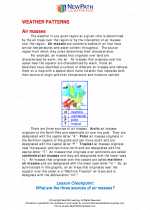
 Worksheet/Answer key
Worksheet/Answer key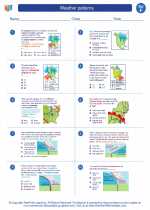
 Worksheet/Answer key
Worksheet/Answer key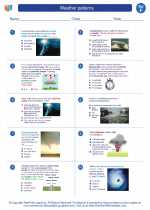
 Worksheet/Answer key
Worksheet/Answer key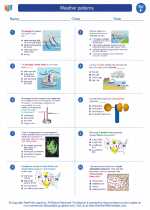
 Vocabulary/Answer key
Vocabulary/Answer key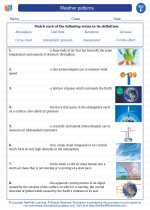
 Vocabulary/Answer key
Vocabulary/Answer key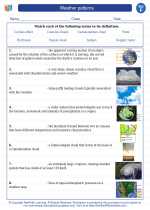
 Vocabulary/Answer key
Vocabulary/Answer key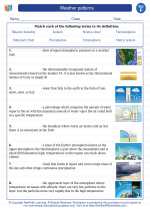
 Vocabulary/Answer key
Vocabulary/Answer key